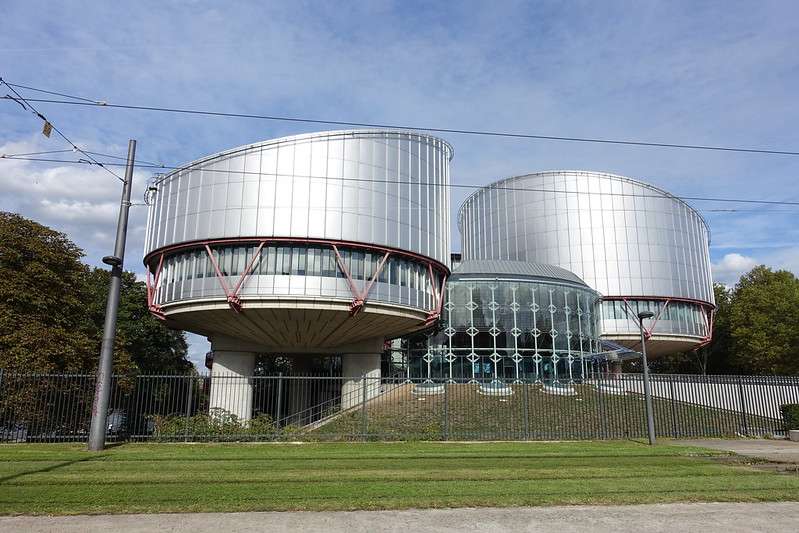On Friday 23rd May, the Irish-language rap trio Kneecap headlined London’s Wide Awake music festival at Brixton’s Broxwell Park. Attended by 20,000 fans, this marked the Belfast group’s first stage performance since the announcement that the Metropolitan police charged one of the group’s members with terrorism offences. Liam Óg Ó hAnnaidh (stage name Mo Chara), is scheduled to appear at Westminster Magistrate’s Court on Wednesday 18 June after allegedly displaying a flag in support of proscribed Lebanese organization Hezbollah at a Kentish town event in November 2024. Ó hAnnaidh’s court appearance will occur one week before the Belfast group’s scheduled—although now uncertain—appearance at the Glastonbury 2025 festival. Kneecap’s vociferous rhetoric on Israel’s alleged genocide in Gaza. and the resulting charges brought by the Metropolitan police, have unsurprisingly spurred debates regarding where lines must be drawn on the right to freedom of expression. Substantively, many supporters of the Belfast group have probed whether Ó hAnnaidh—as a controversial musical artist—is a suitable target for potential prosecution under section 13…
Freedom of Expression
Page 1 of 12
State Lies as Violations of Human Rights
State officials lie all the time. Authoritarian states are almost by definition systematically deceiving their own populations, attempting (and often succeeding) in devaluing the whole idea of truth. They do so using both traditional media (e.g. state-controlled TV and radio stations) and the tools of the digital age. Lies are the foundation of authoritarian control. Indeed, lies are…
Context, Content, and the ‘Threshold of Severity’: ECtHR’s Jurisprudence on Satire vs Hate
On 3rd December 2024, the European Court of Human Rights (ECtHR/Court) delivered its decision in the case of Yevstifeyev and Others v. Russia [App. No. 226 of 2018]. In Yevstifeyev, the ECtHR addressed two distinct applications, wherein the first application involved homophobic verbal assaults and threats against LGBTI activists, which the Court deemed a violation of Article…
Kerajaan Malaysia v. Lawyers for Liberty: At the Confluence of Fake News and Extraterritoriality
The dangers caused by the proliferation of misinformation – or ‘fake news’ – via social media platforms and instant messaging services are not easy to counteract. By the internet’s very nature, online communications are difficult to regulate as information shared by users in one jurisdiction can be easily made available to users in many others. In some cases,…
Some Scenarios of False Speech and Academic Freedom
A few weeks ago, Oxford University Press published a new book edited by Amal Clooney and Lord David Neuberger on Freedom of Speech in International Law. The book, as readers can imagine, covers a lot of ground. Philippa Webb and I were happy to contribute a chapter on the regulation of false speech (‘fake news,’…
- Page 1 of 12
- Last
